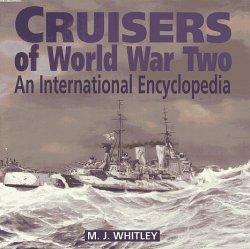The Allied strength in Britain as calculated by the Germans naturally forced them to maintain a presence along the entire coastline. It was impossible to set up a focal point for the defenses, since subsidiary operations at least could be mounted anywhere. The potential advantage of an “inner line,” the rapid movement of German divisions from one coast to another, would also be nullified in Gen. Jodi’s view by the large number of Allied troops surrounding Europe on all sides. Furthermore, Hitler and his generals still had to devote the major proportion of their military resources to the Eastern Front, to face the powerful onslaught of the Red Army. In summer 1943 fresh forces were needed for the fighting in Italy. The Germans were also compelled to send many divisions to combat the uprisings in Yugoslavia and Greece. Taken together, these demands far outstripped the capabilities of Hitler’s Germany. The German leader and his advisors therefore resolved to seek a strategic solution.
Until the late autumn of 1943 they still looked to the east for their salvation, hoping to achieve the first decisive victory there. With the aid of the huge potential released by a defeated Soviet Union, and with their rear no longer threatened, they would then do their utmost to put fear into the hearts of the British and Americans. The Navy and the Luftwaffe would then get the lion’s share of production of modern armaments instead of the Army. This plan however came to nothing as the fighting in the east became ever more bitter and prolonged.
Between October and November 1943 German strategy nevertheless underwent a fundamental change in emphasis. Hitler now ordained the struggle against the Red Army as no longer decisive to winning the war. The Germans might have to give up some territory, but they would be able to stop well before the borders of the Reich. In the west however matters were coming to a head. Should the Allies gain a foothold anywhere on the west coast of Europe, Germany would have lost the war. In Hitler’s view, an attempted invasion by the Allies would also represent a golden opportunity for the Reich. For if they could inflict a defeat on the British and Americans they would be incapable, for psychological reasons alone, of mounting another invasion in the foreseeable future. Then, Hitler’s imagination ran on, following a decisive victory in die west, it would be possible to concentrate all his forces in the east and finally crush the Soviet Union. Everything thus depended on ensuring that all available resources were devoted to defeating the Allies in the west.




 World History
World History









